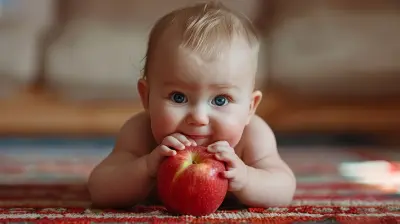Benefits of Organic Foods for Kids: Is it Worth the Switch?
27 April 2025
As parents, we always want the best for our little ones. From the clothes they wear to the food they eat, every choice feels important. One of the biggest debates among parents these days is whether to switch to organic food for their kids. Is it really healthier? Does it make a difference? And most importantly, is it worth the extra cost?
Let’s dive into the world of organic foods and see if making the switch is truly beneficial for your child’s health! 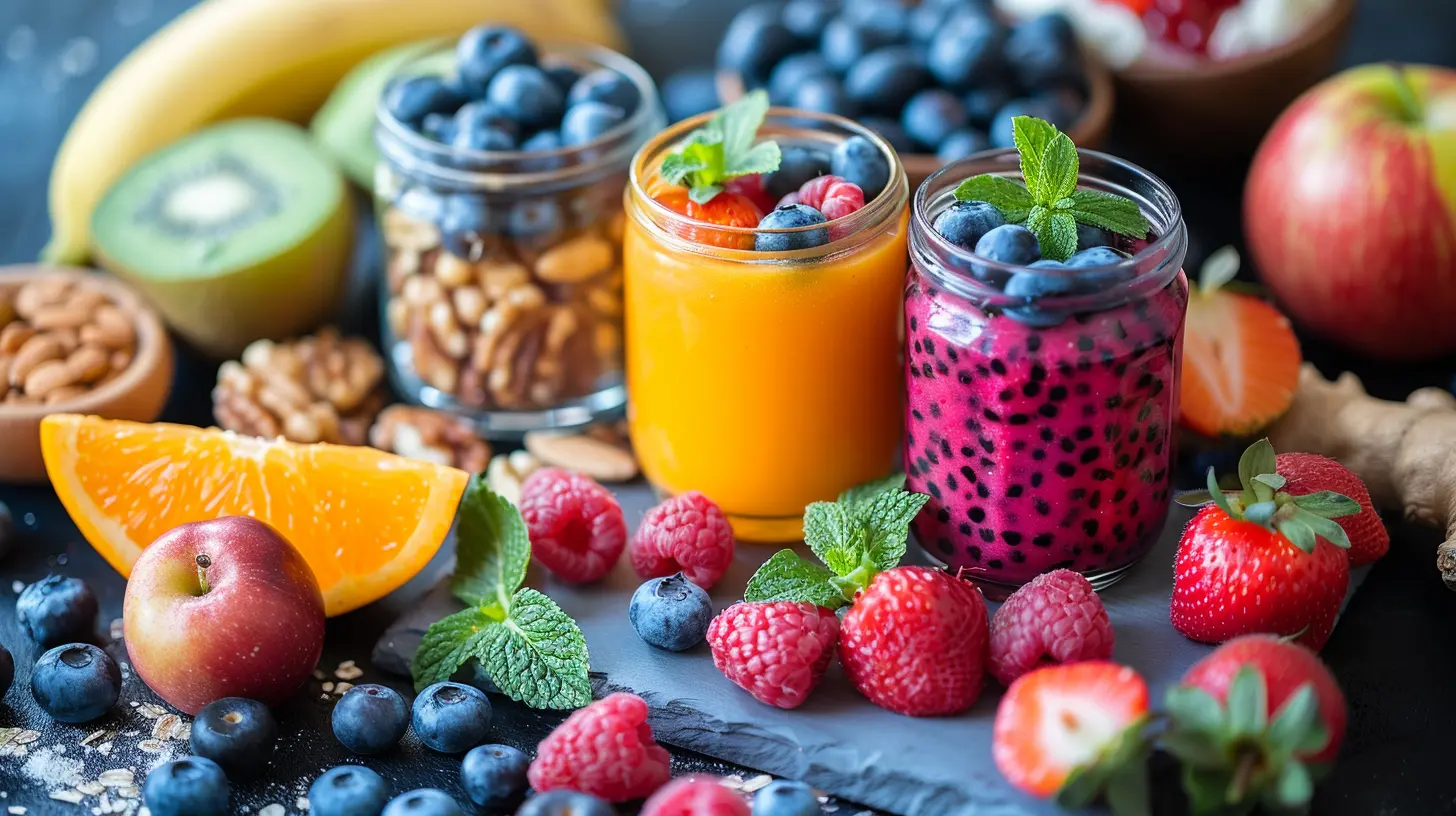
What Exactly is Organic Food?
Before we get into the benefits, let’s clarify what "organic" actually means. Organic food is grown without synthetic pesticides, fertilizers, genetically modified organisms (GMOs), or artificial additives. For animal products like milk, eggs, and meat, organic means no antibiotics or growth hormones.In short, organic food is as close to nature as possible—no weird chemicals, no artificial nasties. Sounds great, right? Now let’s explore why this matters for our kids. 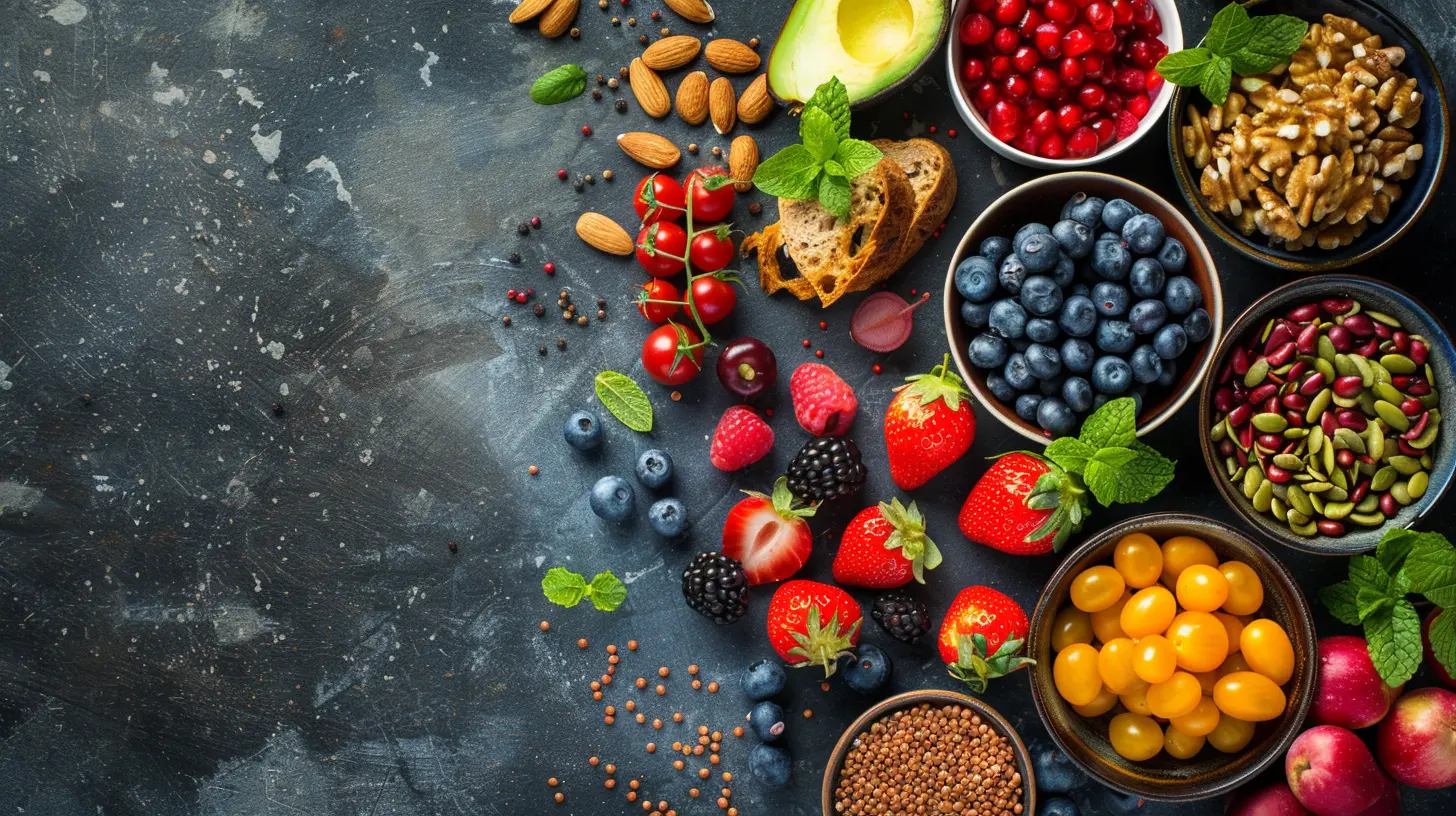
1. Fewer Harmful Chemicals
One of the biggest reasons parents switch to organic is to reduce their child’s exposure to pesticides and chemicals. Many conventional fruits and vegetables contain pesticide residues, and while these are regulated, long-term exposure is a concern. Kids are more vulnerable because their bodies are still developing.Organic foods, on the other hand, are grown without synthetic pesticides, reducing the risk of chemical exposure. That means fewer toxins in your child’s system—something every parent can feel good about! 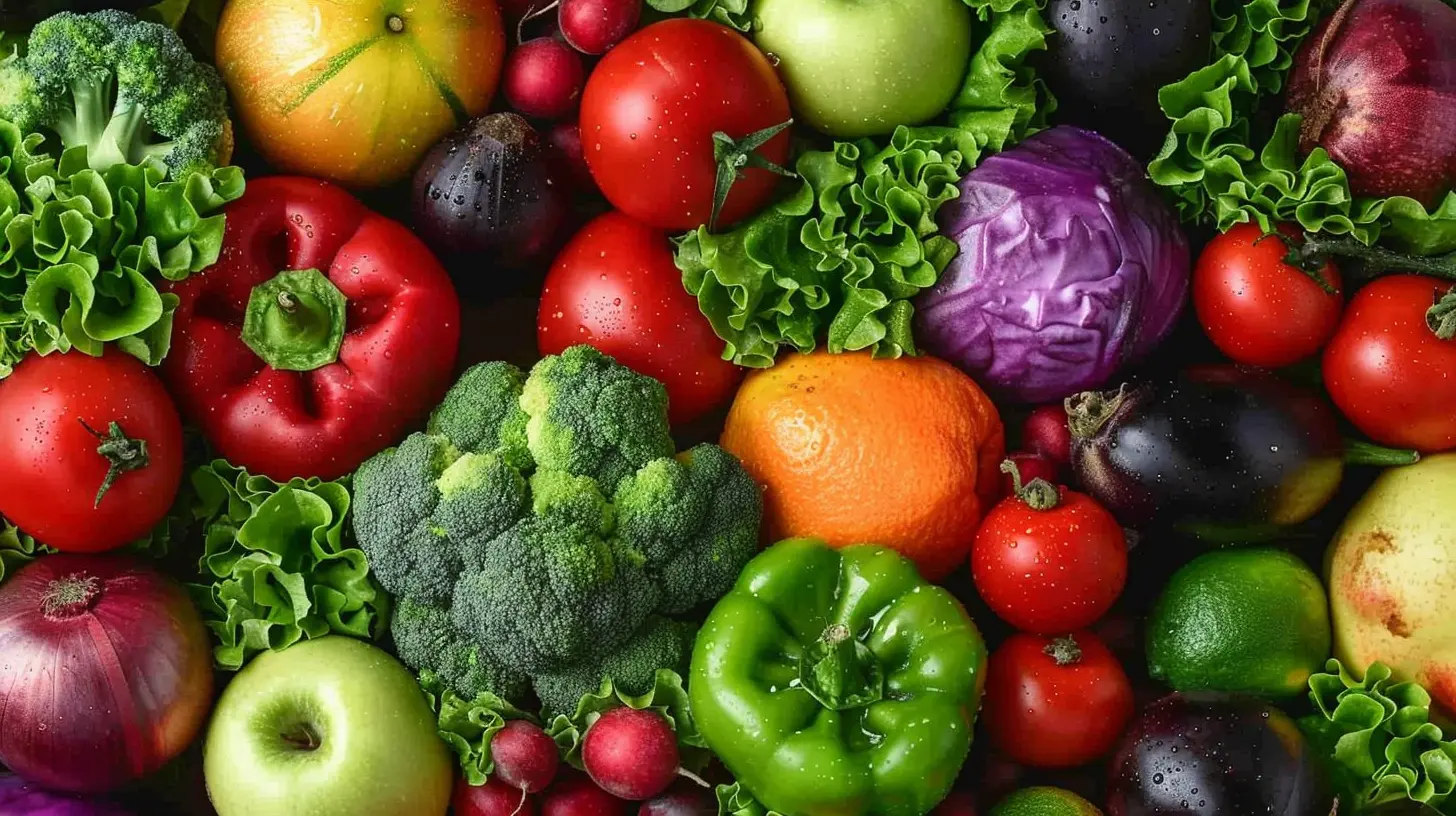
2. Packed with More Nutrients
Did you know organic food often contains higher levels of essential nutrients? Studies suggest that organically grown fruits and vegetables have more vitamins, minerals, and antioxidants than conventionally grown ones.Nutrients like Vitamin C, iron, and magnesium are often found in higher levels in organic produce. Plus, organic dairy and meat products tend to have more omega-3 fatty acids, which are essential for brain development in kids.
So when your child munches on that organic apple, they’re getting a little extra nutritional boost! 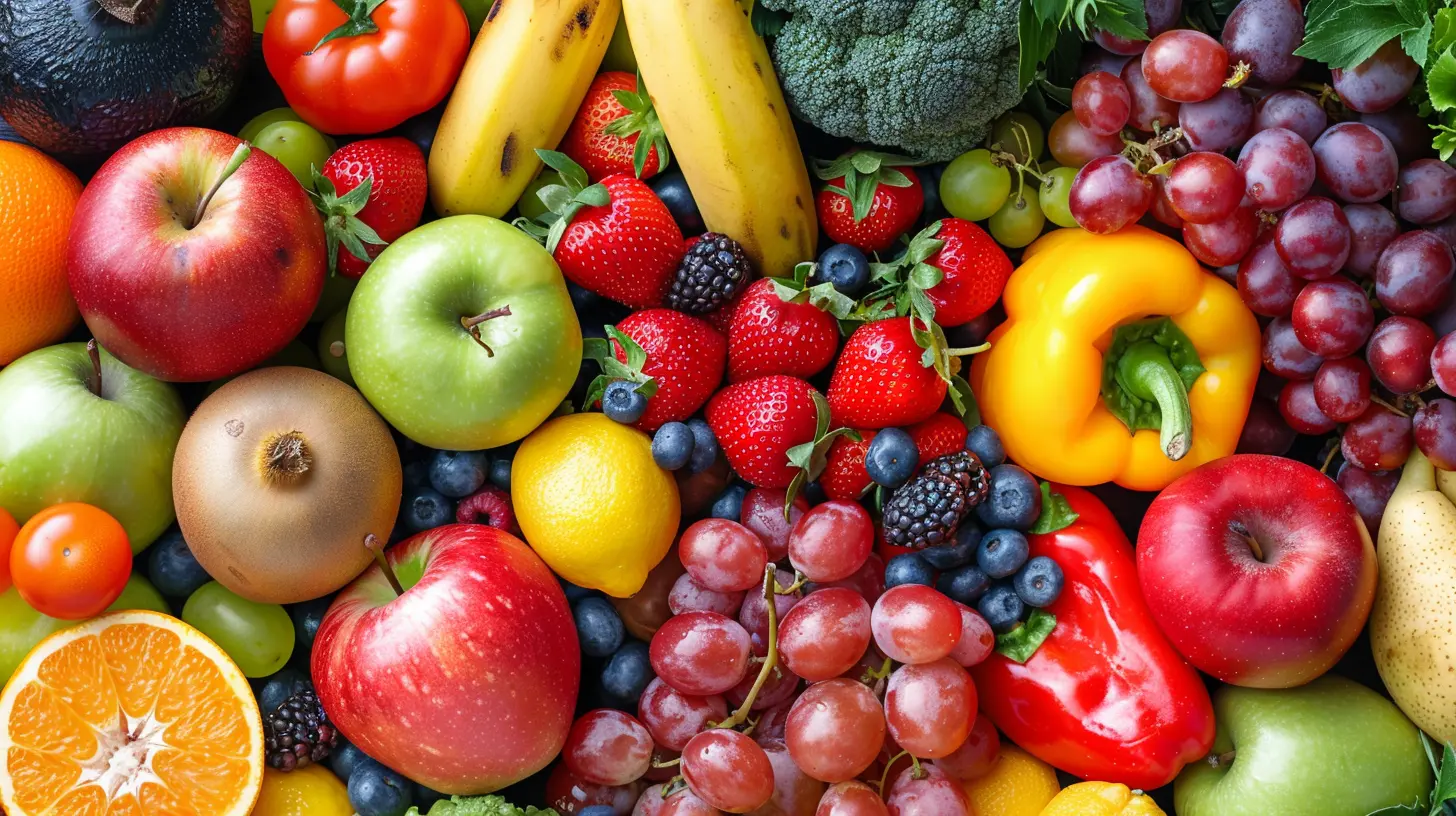
3. No Artificial Additives or Preservatives
Let's be honest—kids love snacks! The problem? Many processed foods contain artificial flavors, colors, and preservatives that can impact their health.Certain food additives have been linked to hyperactivity in children (yes, those sugar rushes might not just be from the sugar!). Switching to organic means you’re avoiding synthetic preservatives and artificial ingredients, leading to cleaner, more wholesome meals for your child.
4. Supports Better Digestion
Organic food isn’t just about fewer chemicals—it’s also about better digestion. Since organic foods are free from artificial additives and heavy pesticide residues, they can be gentler on a child's developing digestive system.Plus, organic farming tends to use healthier soil, which means higher levels of gut-friendly bacteria in organic produce. A happy tummy leads to a happier, healthier child!
5. Environmentally Friendly
Beyond just being good for your kids, organic farming is better for the planet. It promotes sustainable farming practices, reduces soil and water contamination, and supports biodiversity.By choosing organic, you're not only looking out for your child's well-being but also teaching them to care for the environment. It’s a win-win!
6. Better Taste (Kids Approve!)
Have you ever noticed that organic food often tastes fresher and richer in flavor? That's because it’s grown naturally, without synthetic fertilizers that can alter the taste.Since organic food is often grown in nutrient-rich soil, fruits and veggies pack more flavor. Many parents say their kids actually enjoy eating fresh organic produce more because it tastes the way food is supposed to taste!
7. Reduces the Risk of Antibiotic Resistance
Many conventionally raised animals are given antibiotics to prevent disease and promote growth. Over time, this can contribute to antibiotic resistance—meaning infections in humans could become harder to treat.Organic meat, poultry, and dairy products come from animals raised without antibiotics, ensuring your child isn’t consuming unnecessary medication through their diet.
Common Concerns About Organic Food
Of course, no discussion is complete without addressing concerns. Let's tackle some of the biggest doubts parents have.1. Is Organic Food Really Safer?
While conventional produce is still regulated and generally safe, organic food eliminates exposure to synthetic chemicals, pesticides, and additives that could have unknown long-term effects.2. Is It Really More Nutritious?
While not all studies agree, many suggest that organic foods contain higher levels of certain nutrients and antioxidants—meaning your child gets a little extra goodness in every bite.3. Is Organic Food Worth the Extra Cost?
Yes, organic food tends to cost more, and we get it—grocery bills are no joke! However, you can prioritize organic choices for foods that are most heavily sprayed with pesticides (like strawberries, apples, and spinach) while opting for conventional options when necessary.How to Introduce Organic Foods on a Budget
We totally understand that organic food can be pricey, but there are ways to incorporate it without breaking the bank!1. Focus on the "Dirty Dozen"
Every year, the Environmental Working Group (EWG) releases a list called the Dirty Dozen—fruits and veggies found to have the most pesticide residues. Prioritize buying these organic!2. Buy in Bulk
Organic grains, beans, and nuts can be bought in bulk to save money. Stock up when there’s a sale!3. Shop at Local Farmers’ Markets
Local produce is often fresher and cheaper than grocery store organics. Plus, supporting local farmers is always a great choice!4. Grow Your Own!
If you have space, why not try growing your own organic herbs, tomatoes, or strawberries? It’s a fun family activity, and your kids will love picking their own fresh veggies!Final Thoughts: Is It Worth the Switch?
So, should you switch to organic foods for your kids? The answer depends on your priorities and budget. If reducing chemicals, boosting nutrition, and protecting the environment are important to you, then yes—organic food is absolutely worth considering.That being said, feeding kids a balanced diet is the most important thing, organic or not. If you can’t go 100% organic, that’s okay! Even small changes, like swapping out a few key items, can make a difference.
At the end of the day, being an informed parent and making the best choices within your means is what truly matters. Whether you go all-in on organics or just pick a few swaps, every little step helps toward a healthier future for your child!
all images in this post were generated using AI tools
Category:
Healthy MealsAuthor:

Kelly Snow
Discussion
rate this article
4 comments
Azurael Underwood
Absolutely loved this article! 🌱 Switching to organic foods for our kids has been a game changer. They’re happier, healthier, and more energetic! It's a small change that brings big benefits. Let's give our little ones the best! 🍏✨
May 12, 2025 at 4:07 AM

Kelly Snow
Thank you! I'm thrilled to hear that you’ve seen such positive changes with organic foods for your kids. It truly makes a difference! 🍏✨
Chloe McClary
Organic foods for kids: a worthwhile investment in health, flavor, and future habits. Why gamble with their growth when nature offers the best?
May 2, 2025 at 3:43 PM

Kelly Snow
Thank you for your insightful comment! Investing in organic foods for kids can indeed promote better health and establish positive eating habits for the future. Nature provides the best for their growth!
Emmeline Pratt
Switching to organic foods for kids offers potential health benefits, including reduced pesticide exposure and improved nutritional value. While costlier, the long-term advantages for children's health and development may justify the investment.
April 30, 2025 at 2:24 AM

Kelly Snow
Thank you for your insightful comment! It's true that switching to organic foods can minimize pesticide exposure and enhance nutrition for kids, making it a worthy investment in their health and development.
Zephyrwind Harris
Choosing organic foods for our children isn't just about health; it's a conscious investment in their future, fostering a connection to the environment and promoting sustainable habits.
April 27, 2025 at 3:47 PM

Kelly Snow
Absolutely! Choosing organic foods not only benefits kids' health but also instills important values like environmental awareness and sustainability. It's a holistic investment in their well-being and the planet.
